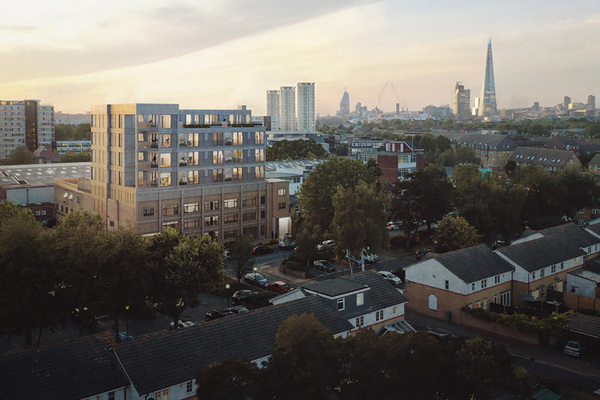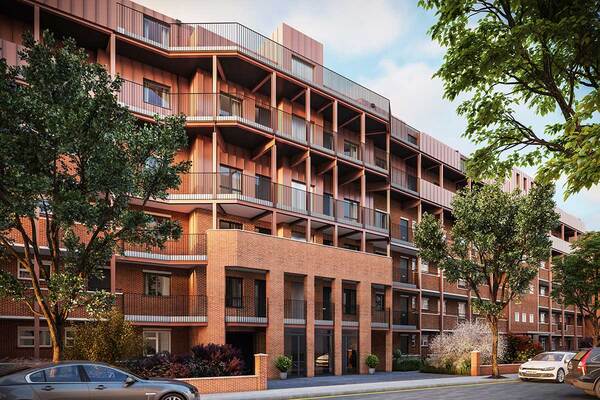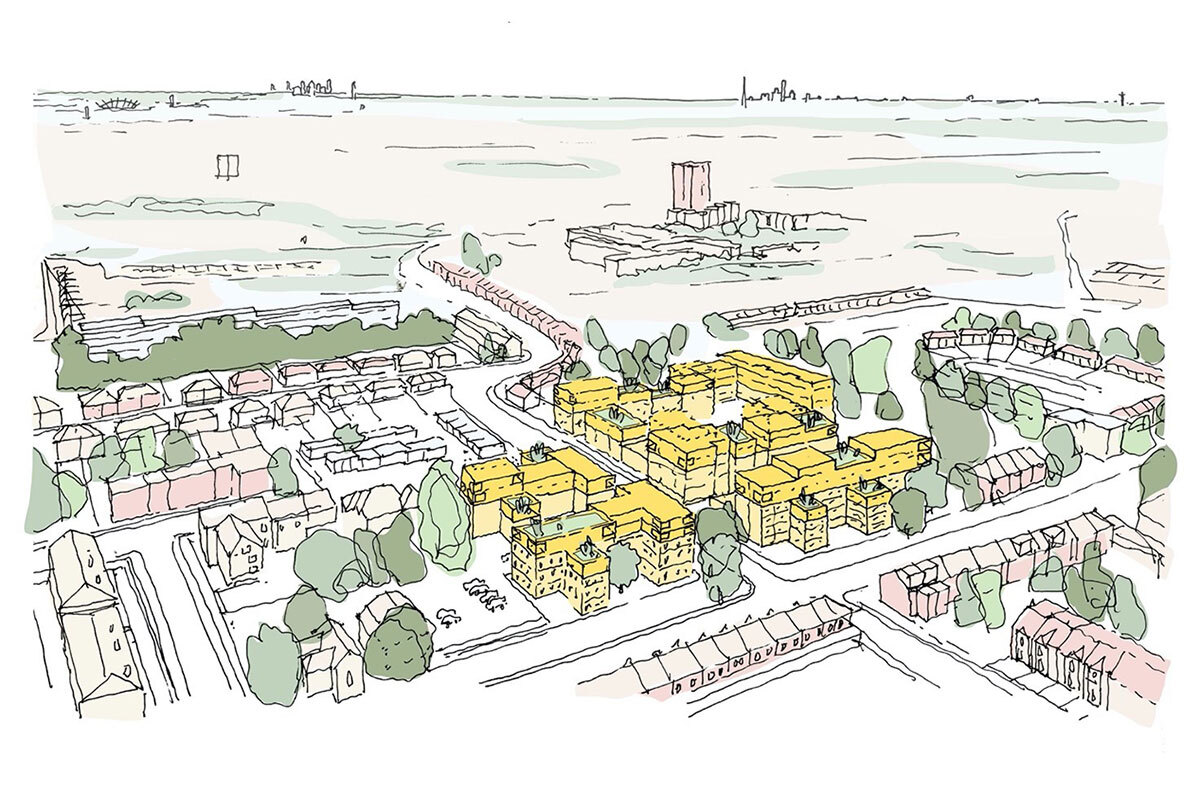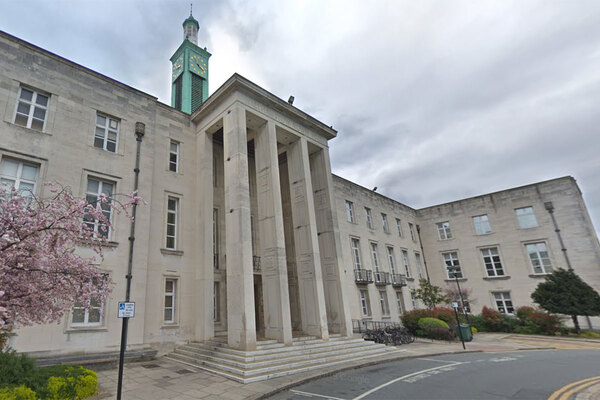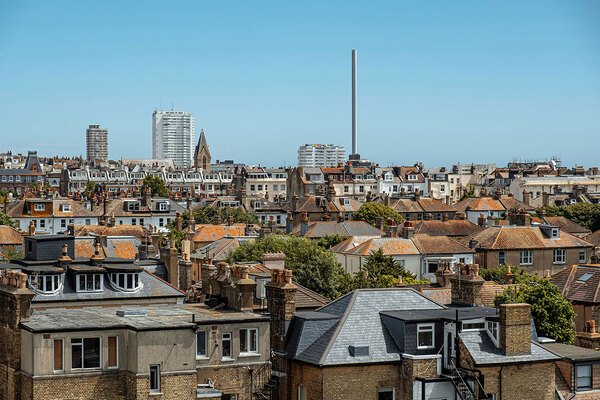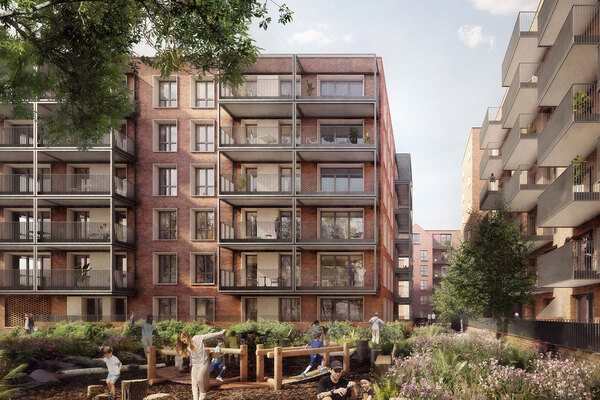Council warned ‘airspace’ housing development plans would not meet requirements to prevent ‘disproportionate collapse’
A London borough has been warned that plans to add new storeys to its existing council housing would not meet legal requirements to prevent “disproportionate collapse”.
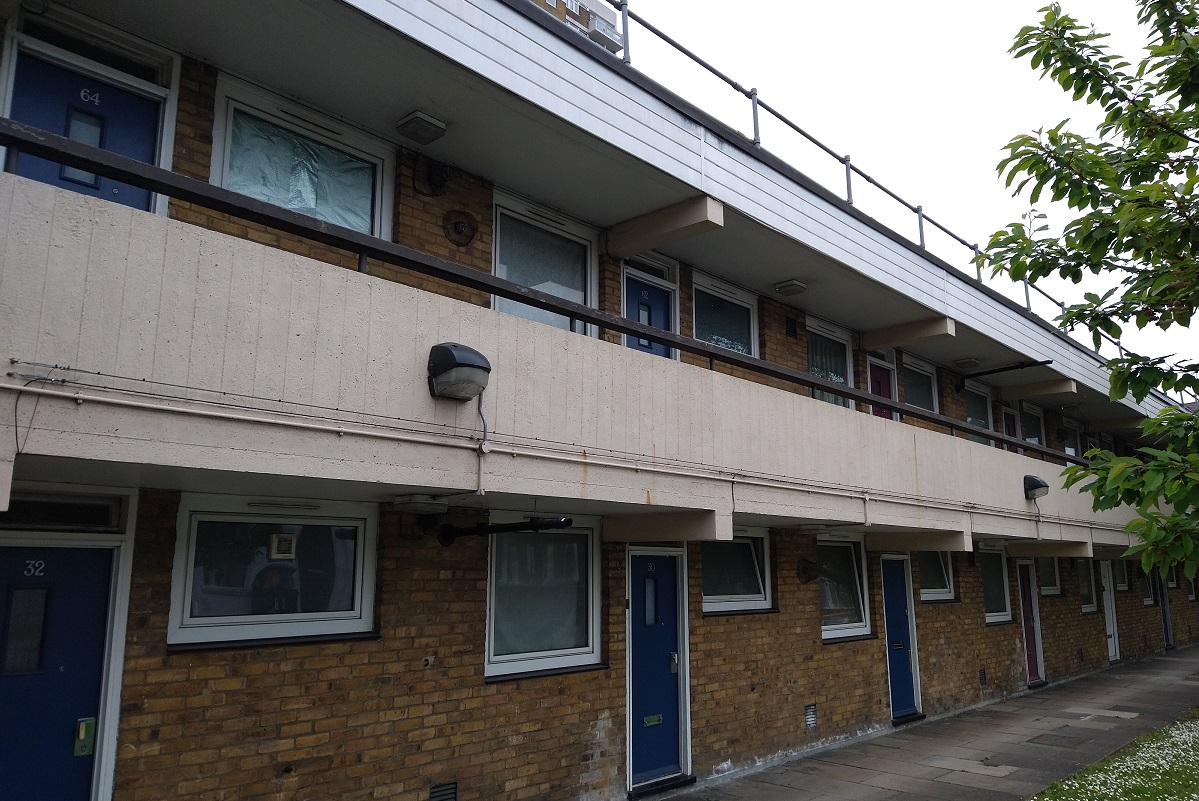
Southwark Council, which had been pursuing the plans since 2019, received a report from engineering consultancy Arup in October 2020 that said the majority of buildings under consideration would not meet modern requirements to prevent collapse.
The borough continued to investigate the potential for modular housing to be added to 26 buildings in the borough for more than two years after receiving the report, commissioning further expert opinions.
It finally dropped the plans in July last year, having spent £3.75m working on the plan, it revealed in a Freedom of Information (FOI) response to Inside Housing.
A spokesperson for Southwark said the Arup report was a “desktop” assessment of feasibility based on the building type, and it went on to commission “more comprehensive” reviews from other consultancies.
The report from Arup said blocks built before 1970, when key legislation was introduced to shore up building safety, would not meet requirements for disproportionate collapse if works went ahead.
That legislation was introduced following the disaster at Ronan Point in London, where a gas explosion caused part of a high-rise building to collapse.
It said masonry built blocks would “almost certainly not” meet the requirements, while concrete buildings were “slightly more likely to”.
But it added that surveys to assess their capacity to meet the requirements would be “intrusive” and strengthening work would be “very costly and intrusive”.
A colour-coding system placed “pre-1970s” blocks in a ‘red’ category, which the report said made them “unlikely to be OK in any case” for the work to add additional storeys.
Inside Housing’s analysis of the plan, via an FOI request sent to Southwark Council, found that of the 26 buildings where the work was planned, 24 on nine separate estates were built prior to 1970.
In a newsletter to residents, Southwark said the report was an “incomplete drafted note” that only makes “blanket comments” about the buildings in question. “The report also goes on to suggest it is possible with some additional works,” it adds.
On websites covering the plans, the council laid out its proposals with links to reports on the project, including by engineer Webb Yates and consultancy Potter Raper, which were submitted to the council in October 2021 and February 2021 respectively. But the Arup report is not included on any of the websites.
Asked why, a council spokesperson said: “This is not something we have deliberately concealed and can be made available to anyone who wishes to see it.”
The council said the Webb Yates report analysed the engineering of the building, looked at its “actual condition” and analysed how it could respond.
It added that the Arup report conversely represented a “general desktop review into architectural building types” and the building age, which “may have indicated a degree of potential suitability or otherwise”.
In July, an email sent by newly elected councillor Ellie Cumbo said the council “does not intend to proceed with the plans to build rooftop homes” on one of the estates where the extensions were planned, the Southampton Way Estate.
“The view is that the targets for building can be met without doing this,” Ms Cumbo added.
Similar emails were sent to other estates that had been considered for the works.
Airspace development – which uses modular construction to build additional storeys on top of existing homes – is a relatively new innovation in the built environment. The government introduced new rules in 2020, allowing building owners to carry out the works without formal planning approval from the local authority.
Sign up for our Council Focus newsletter
Already have an account? Click here to manage your newsletters
